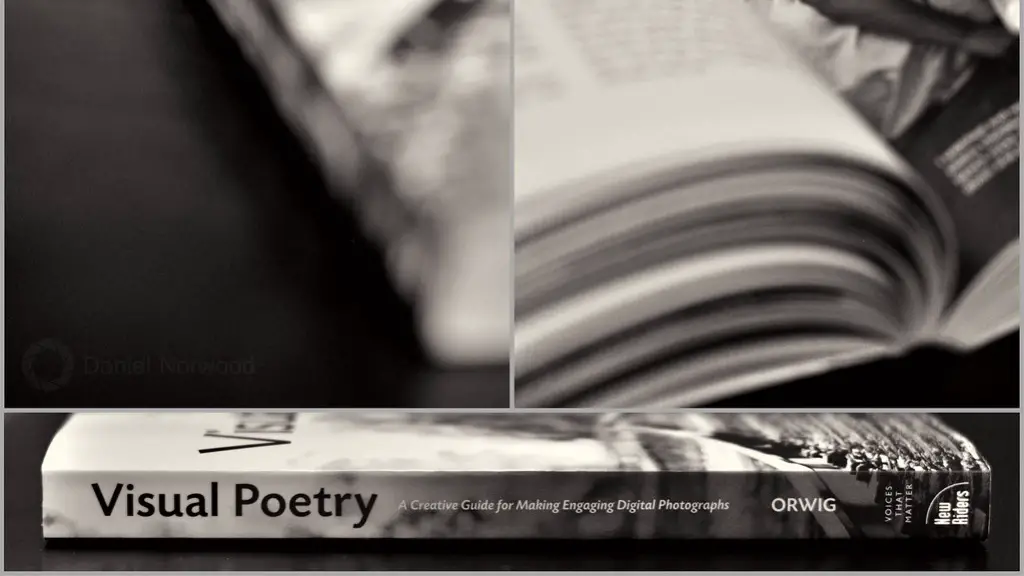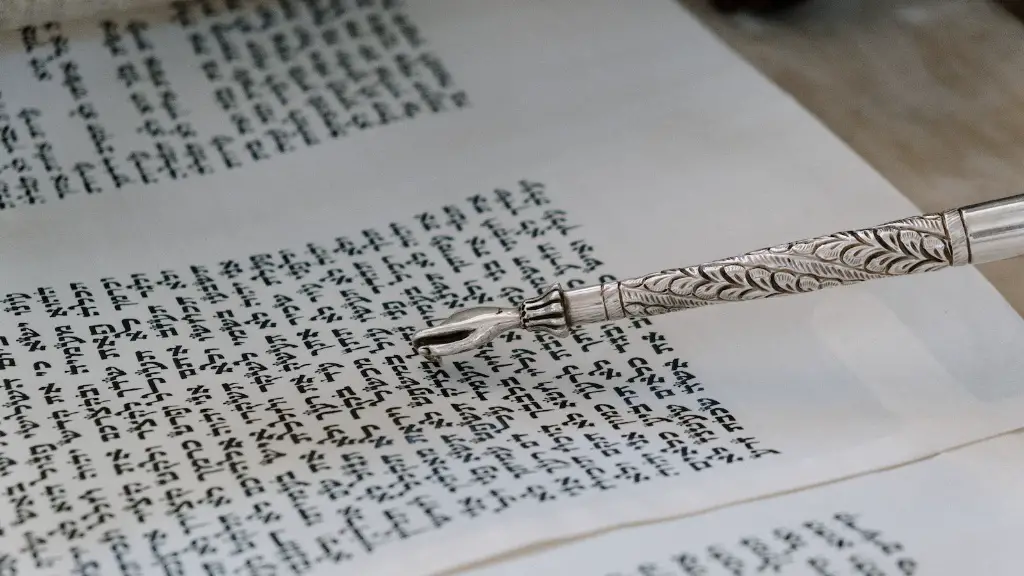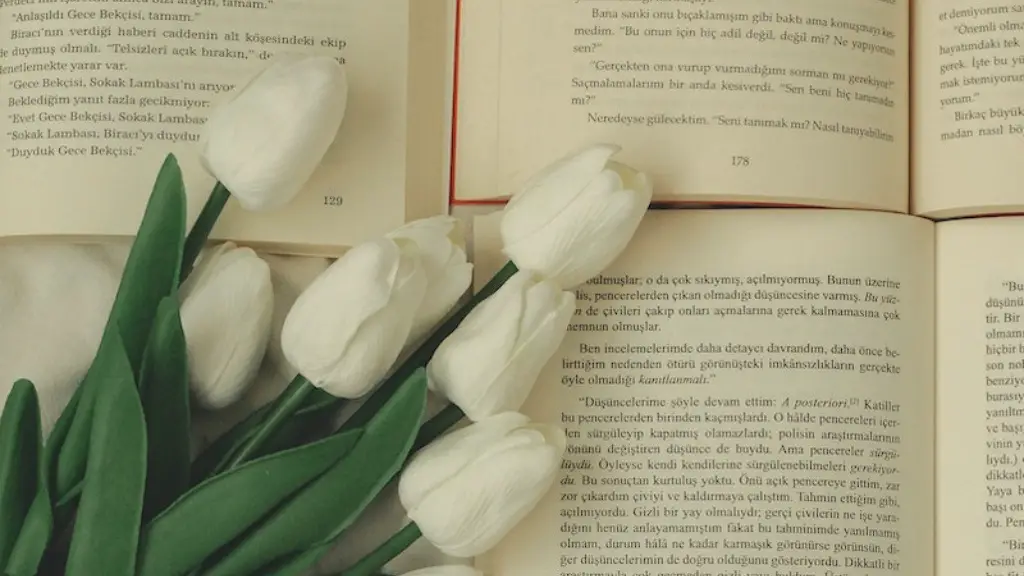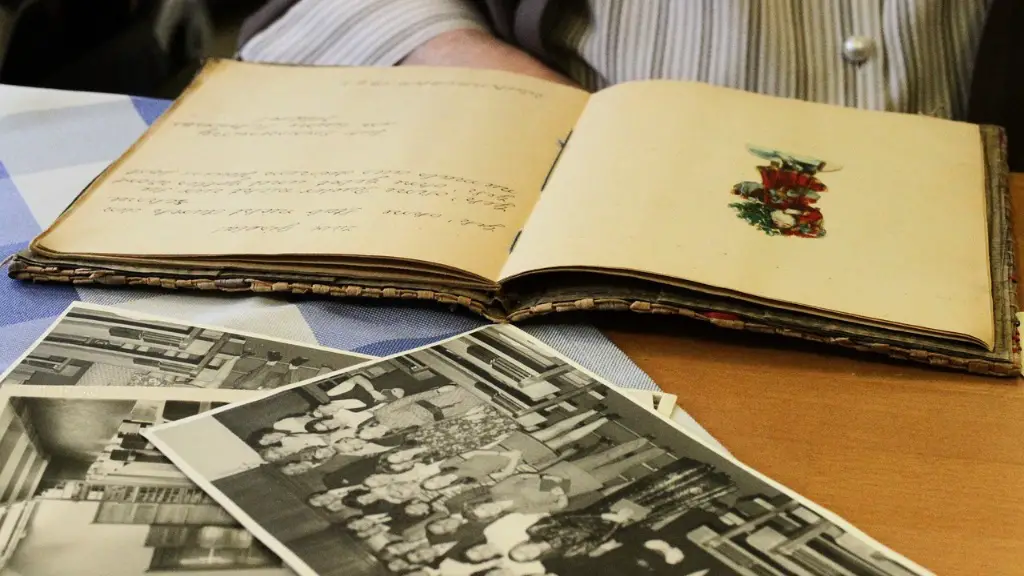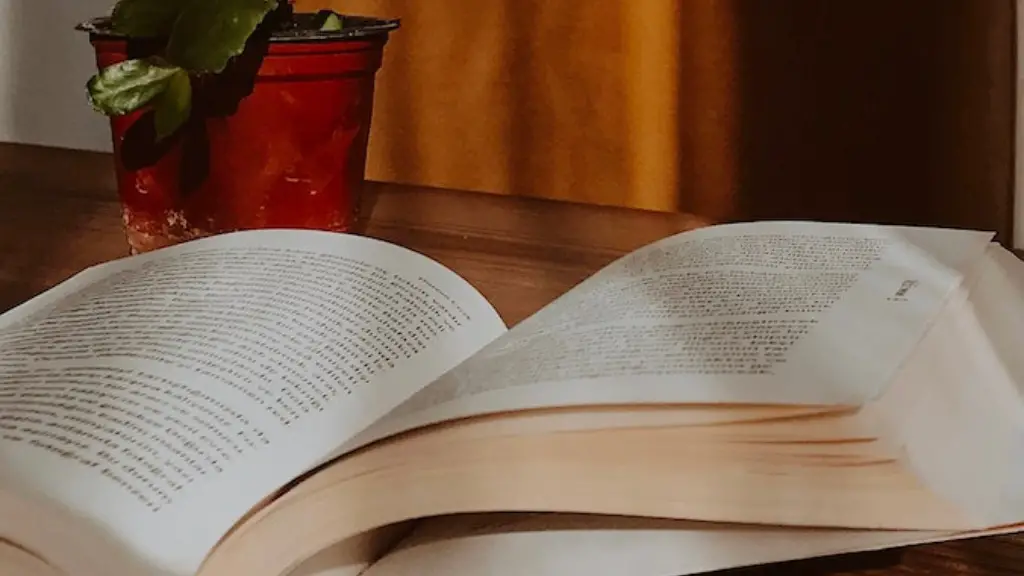History of Poetry
Poetry has been a form of expressing and creating for centuries. Records of Cuneiform tablets from Sumerian cultures provide testimonies of the oldest-known poems from modern-day Iraq. The symbols found on these tablets, which are thought to have been used for poetry, date as far back as 3500 B.C. Ancient Greek poet Homer wrote during the 8th century B.C., creating epic poems such as the Iliad and Odyssey. A few hundred years later, the famous Chinese poet, Li Bai, began writing romantic poetry during the Tang dynasty.
Reasons Why People Like Poetry
One of the major reasons why people like poetry is the beauty of the words. Poems often describe different objects, such as nature, and inspire people to look at the world in a different way. Furthermore, it is possible that spoken words shape and direct our thoughts. In other words, verbal messages can be used to persuade others and move the listener to a new way of understanding or seeing things.
Poetry can also be used to express emotions in ways that are more powerful than simple words alone. It has the power to articulate fears, sadness and joy in a way that can be very moving and inspiring. This is why many people like to turn to poetry when they feel overwhelmed by emotions. The language of poetry and its patterns of rhythm can also represent different mental states, including joy, anger, love and sorrow.
Moreover, reading poems and playing with words, can also be a source of pleasure and entertainment. The structure of a poem is usually short, although some can be quite long and intricate. Poetry can also be a way to connect with others, as it is often used to tell stories and to share feelings. Exploring different themes and images, poets can often express themselves in thought-provoking ways.
What stands out as the most compelling reason why people like poetry, though, is its inimitability. Poetry has the power to take the mundane and make it extraordinary. Even everyday objects or the most seemingly insignificant events can be transformed into something magical and poetic. Therefore, it isn’t surprising that poetry will continue to captivate readers for years to come.
The Variety of Poetry
One of the great things about poetry is its variety. Different styles can include rhyme, rhythm, repetition, assonance, alliteration, and much more. Each type has its own unique features and can help to create distinct images and atmospheres in the reader’s mind.
Haikus are short and simple, and explore a moment in time or a small part of life, such as a sunset. Sonnets often deal with complex emotions, such as love and loss, and are usually composed in iambic pentameter. Narratives tell stories and capture a scene, while free verse tends to be less structured.
Each poem has its own style and structure, and this provides an opportunity for genuine creativity. It gives the poet the freedom to express themselves in a unique way. This is why poets often become known for their particular style and why some have developed their own unique ways of writing.
Finding the Right Words
Finding the right words can be a challenge for budding poets. Much of learning to write poetry is about practice and experimentation. It is often helpful to read poems as this can provide inspiration and help a writer to develop their own style.
It is important to know the basics of poetry, such as how to create a rhyme or what an alliteration is. However, it is just as important to take a step back and let the words lead the poem. Ideas should be explored and explored again.
Scribbling down ideas is another way to help create a poem. Even seemingly random words that don’t make sense in one context can provide great inspiration. It can also be helpful to read poetry out loud and to explore different perspectives.
Finally, sharing poetry with others can be a great way to improve skills and gain feedback. Reading a poem to a friend or posting it on social media can be a great way to explore ideas and get feedback.
The Impact of Poetry
Poetry has had a lasting impact on humans for centuries. In recent years, it has become popular again on social media, with the rise of ‘hashtag poetry’ and April becoming the National Poetry Month in the United States.
Many organizations and publishers promote poetry, such as the Academy of American Poets and Poetry 180, who promote the enjoyment of poetry. Poetry is also finding a new home on platforms such as YouTube, with spoken word poets becoming increasingly popular.
This renewed appreciation of poetry serves to show the power of words and language, and how they can be used to communicate thoughts, feelings, and ideas more effectively. In other words, poetry has the capacity to transform and inspire, and this is why people enjoy reading and writing it so much.
Form and Meaning
Form and meaning play a major role in why people like poetry. The structure of a poem often shapes the meaning and helps to create a strong visual image in the reader’s mind. Poetry makes it easier to articulate complex themes and emotions.
Additionally, the form of a poem can influence how it is interpreted and can help to create deeper connections between the readers and the poem. Rhythm, sound and repetition are all aspects of poetry that can help to create meaning. This is why a poem can often evoke emotions and memories more powerful than simple words.
The Power of Poetic Language
The use of language is a major factor when it comes to why people like poetry. Poets often use ‘figures of speech’ to paint pictures and add layers of meaning to their works. Metaphors, similes and personification are all common devices used in poems, and can be found in almost any piece of modern-day writing.
This type of language has the power to be evocative and to create powerful images in the mind of the reader. As a result, people are able to connect with the poem in a meaningful way, and this is one of the reasons why poetry is so popular.
Conclusion
In conclusion, there are a variety of reasons why people like poetry. The form and structure of a poem can help to shape the meaning, while poetic language can evoke powerful emotions and images in the reader’s mind. Poetry also has the power to transform the ordinary into something extraordinary and provides an opportunity for genuine creativity. For these reasons, poetry continues to be a popular form of expression and will likely remain so for many years to come.
